As Covid-19 numbers fade, Americans brace up for old normal – mass shootings
As life in the US, the world’s worst-affected country by Covid-19, gradually limps back to normalcy, people are bracing up for the same old normal – mass shootings – and ways to protect themselves from it.
According to media estimates, last year was the least deadly for US, in terms of mass shootings, as people were wholly focused on defeating the cataclysmic virus that wreaked havoc in the country.
However, with the virus numbers fading, gun violence has returned with the same force and ferocity as before, pushing the demand for protection from such events through insurance cover.
Client inquiries for what the industry refers to ‘active shooter policies’ have jumped by 50 percent year on year in the past six weeks, Tarique Nageer, terrorism placement advisory leader at Marsh, the world’s biggest insurance broker, was quoted saying by Reuters.
These insurance policies have become increasingly popular, and absolutely necessary, in the wake of alarming increase in mass shootings in different US cities in recent years.
These policies basically cover victim lawsuits, building repairs, legal fees, medical expenses and trauma counselling, according to the Reuters report.
This year, however, demand has increased from the healthcare sector, fueled by fears of fatal mass shootings in US hospitals.
Chris Kirby, head of political violence cover at insurance firm Optio, said active shooter policy rates had risen by as much as 50 percent for some clients, without specifying any industry sector.
Besides hospitals, other places with accelerating demand for insurance include retail establishments, schools, universities, restaurants and places of worship, with people buying cover ranging from $1 million to as high as $75 million.
Mass shootings in US
According to a report by the Gun Violence Archive, a non-profit research group, almost 200 mass shootings were witnessed in the US in the first 132 days of this year.
This year, the US has averaged more than one mass shooting a day, marking an upward trend since the shooting at Sandy Hook Elementary School shooting in December 2012 in Newtown, Connecticut, when a 20-year-old man shot and killed 26 people, including 20 children.
Hart Brown, senior vice president of R3 Continuum, a crisis management consultancy that helps clients deal with the aftermaths of about 800 shootings a year, was quoted saying by Reuters that violence had migrated from public spaces into homes in 2020.
But this year, demand for the insurance firm’s services are up by 15 percent to 20 percent, he says, with the gradual reopening of offices having brought violence back to the workplace — made worse by pandemic-related economic distress.
“The environment that was created by the pandemic, with the social distancing, the lockdown, and so forth, and the compounding stressors, is really what’s driving much of the violence that we’re seeing right now,” he is quoted saying in the report.
A survey by the Kaiser Family Foundation supports that assessment, showing 41 percent of US adults reporting symptoms of anxiety or depressive disorders in January, compared with 11 percent in the first half of 2019.
‘Public health emergency’
The top healthcare official of the US, speaking on the alarming rise in gun violence in the US, in an interview last month termed it “horrifying” and “a public health emergency”.
Dr. Anthony Fauci, who is known to rattle political elites in Washington with his unpopular opinions, made the remarks following April mass shooting in the US state of Indianapolis, which claimed eight lives.
“How can you say that’s not a public health issue?”Fauci said on CNN's “State of the Union”.
“When you see people getting killed, I mean, in this last month, it's just been horrifying what's happened. How can you say that's not a public health issue?” he said.
“Too many Americans are dying every single day from gun violence. It stains our character and pierces the very soul of our nation. We can, and must, do more to act and to save lives,” Fauci added.
The spate of shootings has also increased public pressure on the Joe Biden administration to tighten gun regulations, which has so far shown reluctance.
According to a recent Reuters/Ipsos poll, most Americans support tougher gun laws, but the successive administrations in the US have done little to address the problem.
US vetoing of Gaza ceasefire resolution ‘disgraceful’: Iran’s UN envoy
VIDEO | IAEA adopts anti-Iran resolution tabled by E3
VIDEO | Iran's president urges Pope to help end Israel's onslaught in Gaza
Iran's senior legal official: ICC arrest warrant for Netanyahu ‘great victory'
Nov. 21: ‘Axis of Resistance’ operations against Israeli occupation
VIDEO | Israeli forces storm West Bank’s Jenin again, target civilians
Iran activates advanced centrifuges after IAEA's 'unjust' resolution
VIDEO | Press TV's news headlines


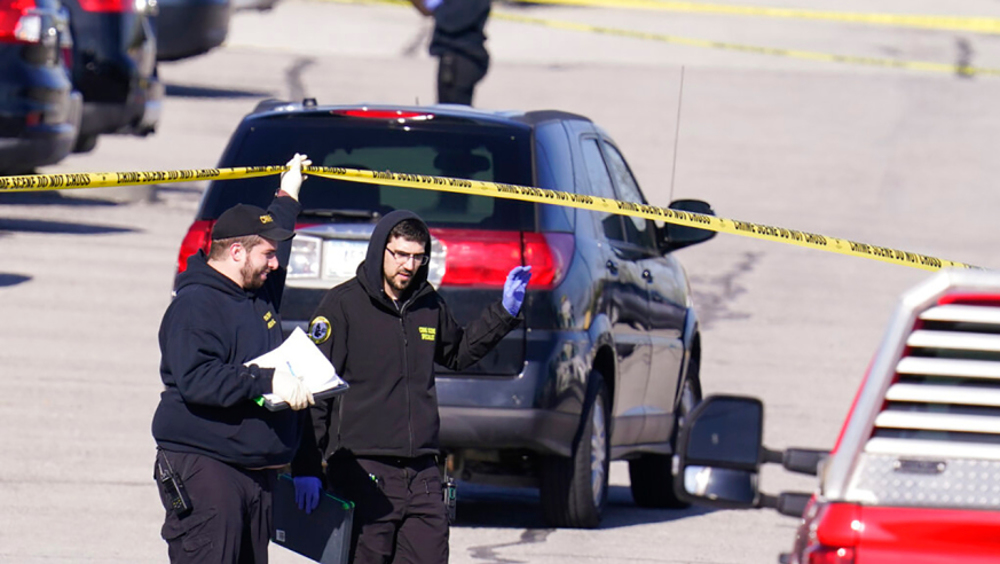
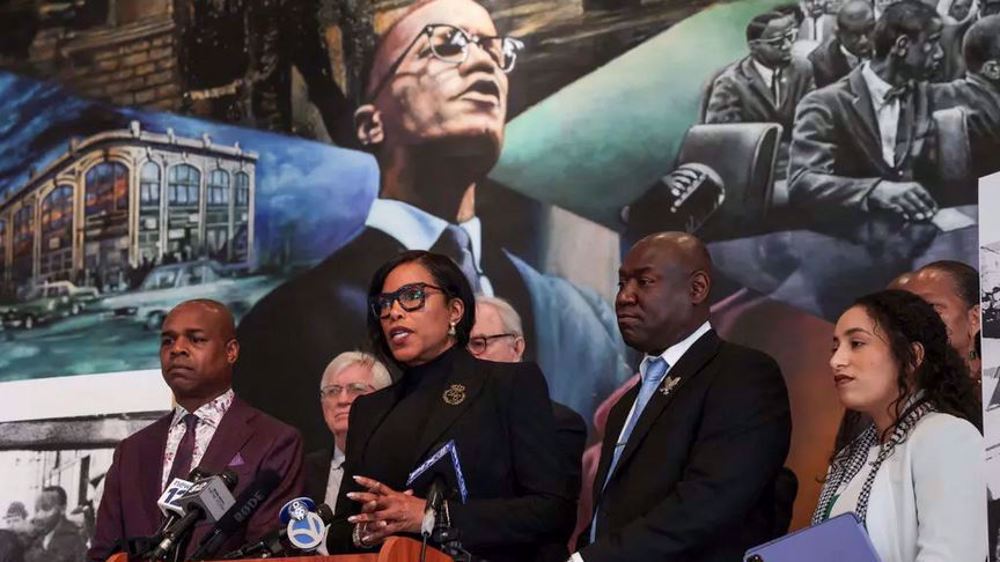
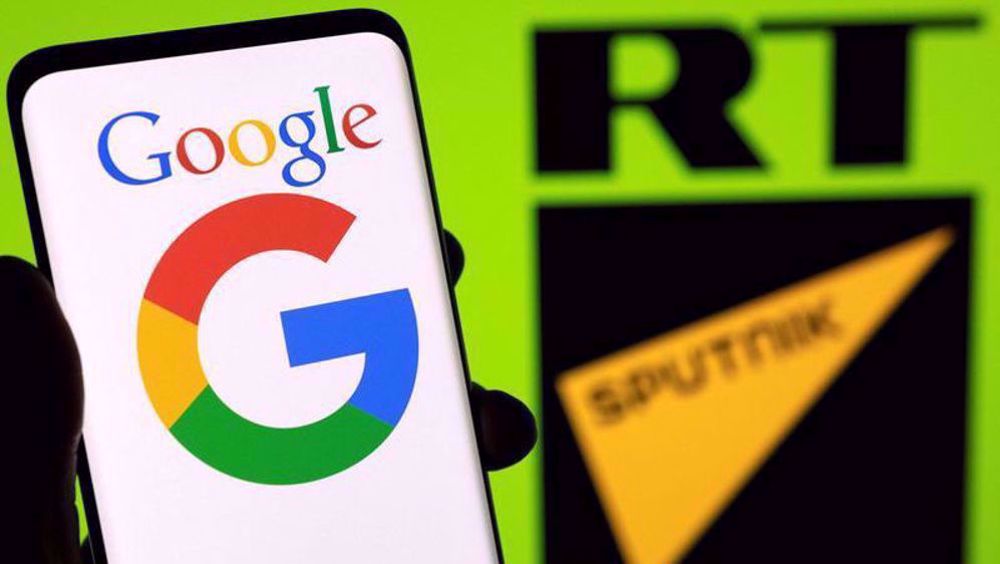
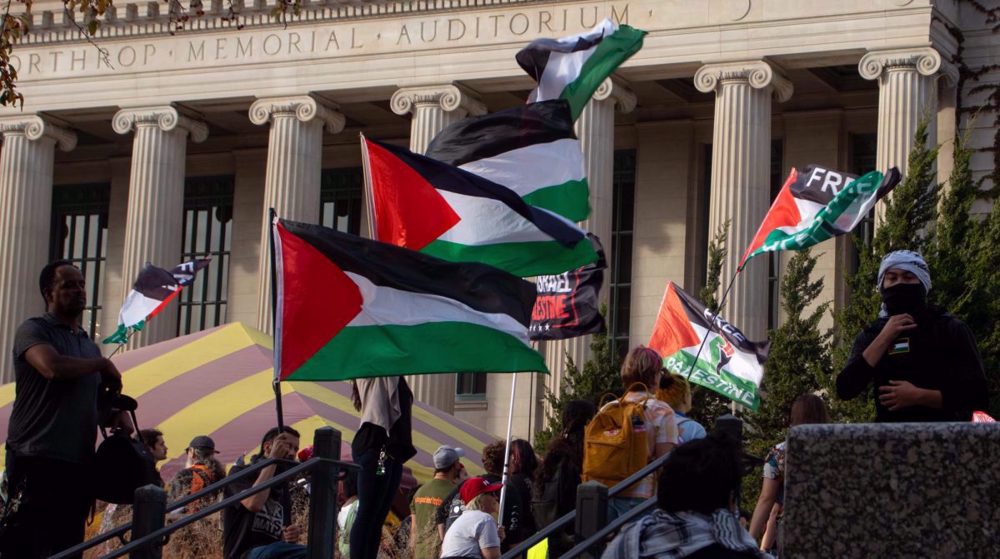




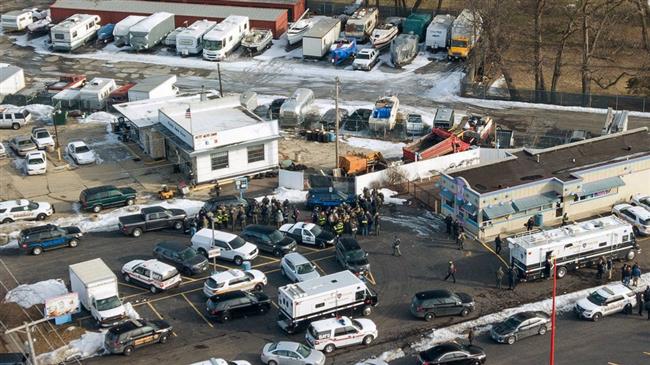
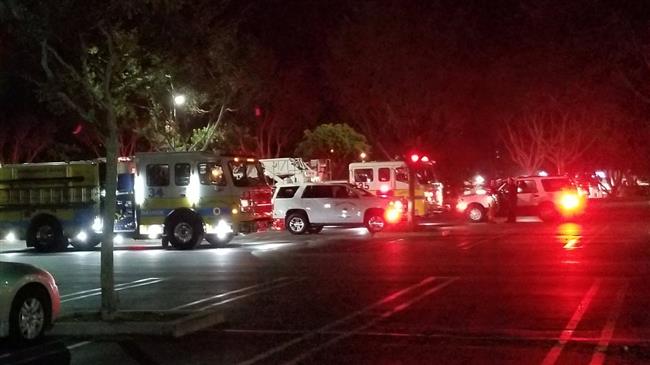
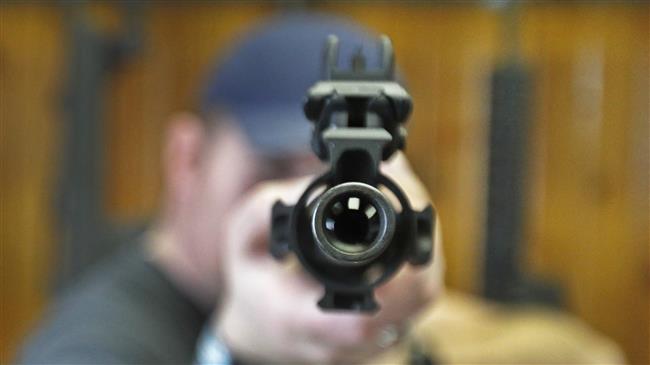


 This makes it easy to access the Press TV website
This makes it easy to access the Press TV website